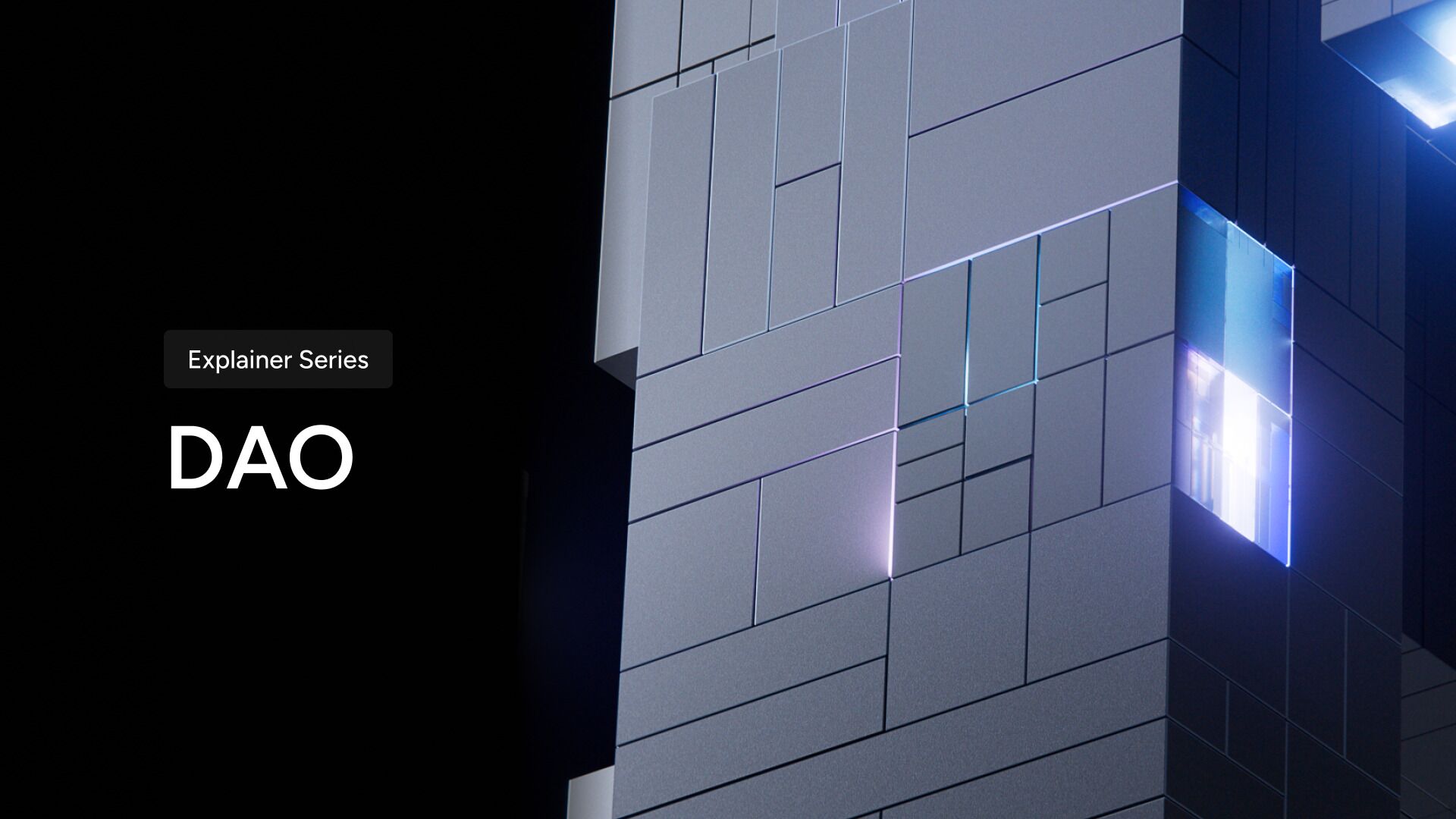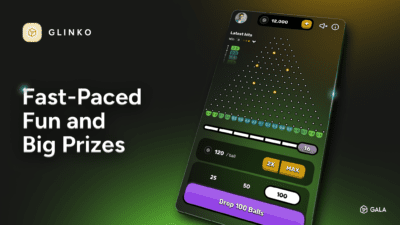Imagine a company or an organization that instead of being controlled by a CEO or a board of directors, is run by the people who use its services or participate in its community. This is essentially what a DAO, or Decentralized Autonomous Organization, is.
In simpler terms, a DAO is like a cooperative business or club where everyone involved gets a say in how things are done. But instead of having meetings in person, all decisions and rules are managed online, using blockchain technology. This setup ensures that the organization is decentralized, meaning no single person or group has complete control.
It’s autonomous because it essentially operates itself according to rules encoded in smart contracts, which are self-executing pieces of code on a blockchain.
How Does a DAO Work?
DAOs work through a series of smart contracts, which are basically programs running on a blockchain. These contracts define the rules of the organization, automatically enforcing decisions made by the community. Here’s a breakdown:
Proposals: Any member of the DAO can propose changes, new projects or other decisions about current operations or the future of the DAO.
Voting: Members then vote on these proposals. In a truly decentralized system, each vote is weighted by how much stake (often in the form of tokens) each member holds.
Execution: Once a proposal is approved by the majority, the smart contract automatically executes the decision without need for any human intervention.
LEARN MORE:
“What is a DAO and How Does It Work?” – Cointelegraph, August 2024
Why Are DAOs Important?
DAOs represent a shift from traditional hierarchical structures to more community-driven models. Here’s why they’re significant in the web3 world:
Decentralization: Power is distributed among all members instead of concentrated into a single centralized entity, reducing the risk of corruption or poor management. This distribution also reduces the consumer-to-business trust necessary for an effective organization. In fact, DAOs could almost alternately be called democratized autonomous organizations, but decentralization is a more apt description.
Transparency: Every decision and transaction is recorded on the blockchain, making the organization’s operations fully transparent. For centralized organizations to achieve this level of transparency, there must be a well established routine of sharing information with the users, such as the way publicly owned companies share quarterly financial reports or how a traditional non-profit organization’s financials are shared with its community.
Inclusivity: Anyone with internet access and the required tokens can participate, making DAOs more inclusive than traditional organizations. Because of their ability to essentially manage themselves, DAOs lend themselves well to greater specialization, allowing people to participate in governance in fields for which they are especially qualified, no matter where they live in the world.
Global Reach: DAOs can operate across borders, allowing global participation without the need for a centralized authority.
Examples of DAO Benefits
To make this concept more relatable, let’s consider a few scenarios:
Community-Driven Development
Imagine a group of indie game developers who come together to create a new game. Instead of going through a traditional publisher, they form a DAO. Players and fans can buy tokens to join the DAO and vote on game features, funding allocation, or marketing strategies. This way, the game evolves according to the community’s preferences, and profits are distributed among all contributors.
In this example, the use of a DAO not only covers the governance of their project, but also provides development funding through the sale of tokens.
Charitable Organizations
A charity could be run as a DAO, where donors get to vote on which causes should receive funding. Because all transactions are on the blockchain, donors can see exactly how their money is being used, ensuring transparency and trust. As a result of these benefits, more people could be inclined to donate.
Government Organizations
While the governments of the world are understandably hesitant to begin using a technology as new as blockchain, DAOs would serve well for many aspects of government operations. As traditional democratized voting processes become more corruptible, the security and transparency of DAOs could help protect voting rights and election sovereignty, aligning more closely with the will of the people.
LEARN MORE:
“The Power of DAOs Will Be Unleashed When Boomers Leave the Workforce” – Forbes Trends, August 2024
The Gala Ecosystem and DAO Principles
While the Gala ecosystem doesn’t currently operate as an official DAO, it shares many of the principles that make DAOs powerful. At Gala, community input is highly valued, especially through platforms like Discord and Telegram, where feedback is actively monitored and considered in decision-making.
For instance, Gala’s Founder’s Nodes—a network of community-run nodes—play a crucial role in maintaining and securing the GalaChain, which is a key part of the Gala ecosystem. These nodes are operated by community members, and the decisions regarding the ecosystem’s future increasingly involve community voting and participation, which mirrors the decentralized governance seen in DAOs. Nearly all important decisions about $GALA tokenomics are presented to the Founder’s Node community for a governance vote before being put into practice.
Gala’s Path Toward Decentralization
Gala is not just stopping at community feedback. The long-term vision is to move toward greater decentralized autonomy, similar to what a DAO offers. This means that as GalaChain evolves, Gala wishes to see control over the ecosystem gradually shift more toward the community, aligning with the ultimate goal of decentralization
Even if Founder’s Node operators do not technically represent a DAO themselves, the goal is to see GalaChain channel creators ultimately having the ability to create DAOs for their project, platform, service, etc. We are creating a secure and scalable web3 ecosystem built on a layer-1 blockchain with the power to host numerous community-created DAOs.
In summary, while Gala isn’t a DAO in the strictest sense today, it embodies many DAO principles and is progressing toward a future where the community could have even more say in the governance and direction of the ecosystem.
Thanks for reading our latest web3 explainer article! Hopefully you learned a little something!


